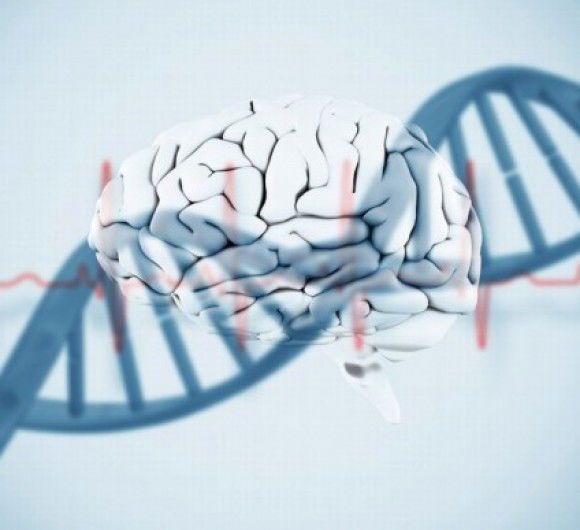Health
Genetic link to rare developmental delays in kids identified

New York, Feb 6: Researchers have identified a genomic mutation that causes physical abnormalities and developmental delays in children.
Upon analysing the genome of a six-year-old boy, the scientists identified a novel mutation that affects a protein known as CASK, which is key to brain development and the signals transmitted by brain cells, or neurons.
"Identifying this new CASK mutation helps build our understanding of how these multifaceted disorders occur, and provides insight into how they might be treated in the future," said senior study author Isabelle Schrauwen, Assistant Professor at Translational Genomics Research Institute (Tgen) in Phoenix, Arizona, US.
The child involved in this study was seen at TGen's Center for Rare Childhood Disorders, which helps families identify the genetic source of their children's medical symptoms.
According to the study, published in the American Journal of Medical Genetics, the child's "constellation of symptoms" included developmental delay; feeding disorders, including severe gastro-intestinal and gastro-esophageal complications; and involuntary eye movement, a condition known as nystagmus, which can reduce or limit vision.
Although his IQ and language skills were normal, he had impaired motor development, behaviour and memory. These clinical features are markers of a rare developmental syndrome known as FGS4.
He is sensitive to loud noises, has a need to touch and examine objects intensely, exhibits impaired visual and motion abilities, and impaired memory. The boy's parents and older sister are unaffected, the researchers said.
"Children such as this young boy so desperately need answers, and by tracking down the genetic and genomic causes of these mutations, we hope to continue building a body of knowledge that will lead to improvements, for this patient and many others with rare medical disorders," study co-author Vinodh Narayanan, Medical Director of TGen's Center for Rare Childhood Disorders, said.



































